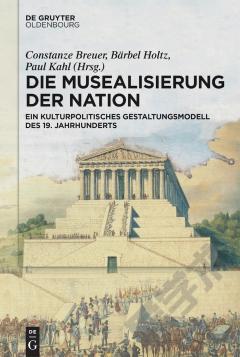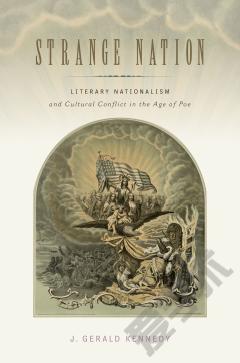Kitsch und Nation —— Zur kulturellen Modellierung eines polemischen Begriffs
----- 媚俗与民族:用于辩论概念的文化建模
In the 1940s, the German word »Kitsch« became an international concept, whose meaning oscillates between anti-ideological rejection and post-modern affirmation. But does this term mean the same thing across different national traditions of discourse? Why are certain artistically or ordinarily aesthetic products from other cultures called Kitsch, and what about this »nationalization« of Kitsch? Through examples from the studies of music, literature, arts, and film, the contributions to this volume investigate the polarities and paradoxes to which the concept of Kitsch is subjected in different cultures and nations.
{{comment.content}}








 京公网安备 11010802027623号
京公网安备 11010802027623号